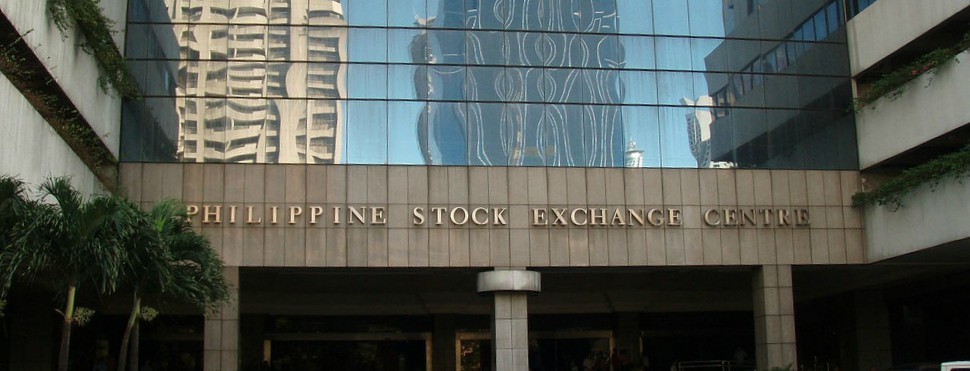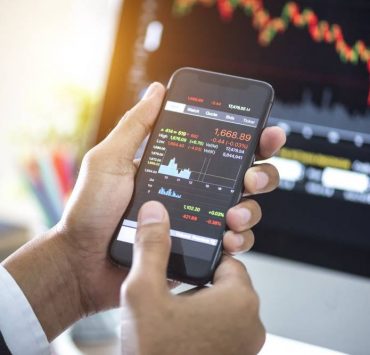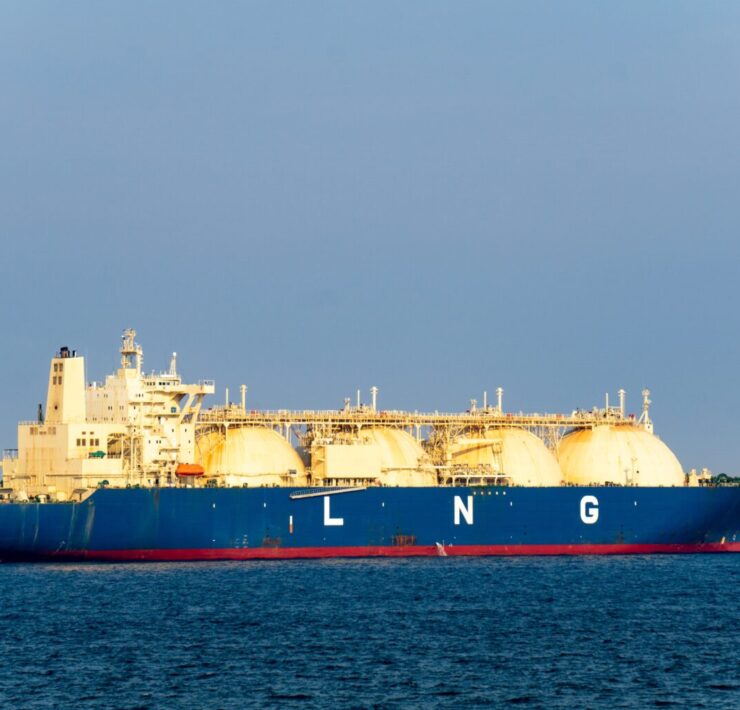Start of dovish cycle brings new hope for local equities

The local stock market had a good start in 2024, but as the months went by, there were bouts of pessimism—geopolitical tensions in the Middle East, a high-interest rate environment and unclear policy directions—that ultimately drove equities down.
“I’d say that [the index’s] performance, or lack thereof, was a disappointment, given the fact that it erased all the gains it had in the first three months of the year,” Ron Acoba, chief investment strategist at Trading Edge Consultancy, tells the Inquirer in an email.
According to Acoba, the benchmark Philippine Stock Exchange Index (PSEi) indeed had a promising start, rising up to 7,000 in the first quarter as traders anticipated the US Federal Reserve’s (Fed) rate cut that was first teased in March, especially as the Bangko Sentral ng Pilipinas (BSP) often mirrors its move.
But by the end of the first half, the market shed 0.59 percent versus the start of the year to close at 6,411.91.
“Obviously, March came and passed and we did not see any cut as inflation both in the US and here remained sticky,” Acoba points out.
While the BSP already cut its key interest rate by 25 basis points (bps) to 6.25 percent during its last monetary policy meeting this month, Acoba warns that the PSEi could only rally if the central bank synced its movements with the US Federal Reserve in order to improve the interest rate differential between Manila and Washington.
Acoba explains that the Philippines is an emerging market—thus a riskier one at that—and calls for higher interest rates against the United States.
If the BSP cuts rates faster than the Fed, he says this will lead to a peso and peso assets self-off, which already happened in the last two and a half years and resulted in a market slowdown.
Range-bound with downward bias
For April Lynn Tan, chief equity strategist at COL Financial Group, equities could move “in a range” for the remainder of the year, with a possibility of moving downward.
“This is due to prevailing uncertainties of whether the US would suffer from a recession and a bear market and possible contagion,” Tan says.
To recall, the PSEi and other Asian markets fell to their lowest in months in early August, when recession fears in the United States spilled over to other economies.
But Maybank Securities Inc. head of research Kervin Sisayan notes that the country will not be affected by recession in the long term, especially since the Philippine market is driven by domestic consumer spending and not trade, as is the case in Japan, whose stocks plunged to its lowest in decades.
Seedbox Securities Inc. equities trader Jayniel Carl Manuel also says the Philippine economy “is still far from a recessionary state.”
“Despite challenges faced in the first half, the index has shown resilience, especially when compared to other regional markets like Japan and South Korea,” Manuel says.
Good tidings from monetary easing
Now that interest rates have been slashed for the first time in nearly four years, analysts prefer banking and property firms, since these both benefit from rate cuts.
Acoba clarifies that while the net interest margin of banks will tighten with the decline in rates, this will be “more than offset” by the increase in their loan portfolio.
Lower interest rates typically spur consumer spending, as these mean lower borrowing costs, which also benefit property buyers.
Monetary easing thus spells good news for the real estate sector that has been seeing softening demand in the first half. Property firms also veered away from launching their more affordable projects in the six months of the year due to high interest rates that affect middle-income buyers more than the affluent segment.
Should the BSP proceed with another 25-bp rate cut in the latter part of the year, Manuel sees the index reaching—or even exceeding—7,000.
Apart from that, he says the country’s “economic resilience” compared with its Asian peers can further boost the bourse, especially with robust consumer spending expected during the holiday season.
“If the positive catalysts … materialize without significant disruptions from external risks, the PSEi has a reasonable chance of reaching or even exceeding the 7,000 level [this 2024],” Manuel says.
“However, this target is contingent on the careful balance of these factors, with the market needing strong local economic performance to counter any adverse effects from global uncertainties,” he adds.
While the July inflation rate of 4.4 percent overshot the government’s target range, the Philippine economy showed an improvement in the second quarter, during which it grew by 6.3 percent versus 5.8 percent in the first quarter.
Both market experts and the government see this improvement continuing in the next few months, as proven by the BSP cutting rates ahead of the Fed.





















